Belgium has taken a bold step in global diplomacy. On Tuesday, September 2, 2025, Foreign Minister Maxime Prevot announced that his country will officially recognize Palestine at this month’s United Nations General Assembly. Belgium will also impose 12 strict sanctions on Israel. The decision comes amid the worsening humanitarian crisis in Gaza and growing international calls for a two-state solution.
Belgium’s Statement at the UN
The official recognition will take place at the UN General Assembly session scheduled from September 9 to 23, 2025. Prevot stressed that this move is an act of solidarity with the Palestinian people, who have been enduring decades of suffering. He also reaffirmed Belgium’s support for the two-state principle, a long-standing international framework for peace in the Middle East.
This decision is more than symbolic. It positions Belgium among European countries increasingly critical of Israel’s policies. Nations such as France, Australia, the United Kingdom, and Canada have also signaled similar intentions to recognize Palestine.
12 Sanctions Against Israel
Alongside recognition, Belgium announced 12 sanctions against Israel. Key measures include banning imports of goods from Israeli settlements, reviewing public procurement contracts with Israeli companies, and designating Hamas leaders as persona non grata in Belgium. Additionally, Belgium will restrict consular services for its citizens living in illegal settlements.
Prevot emphasized that these sanctions are not directed at the Israeli people but rather at the government, which he accused of violating international law and humanitarian norms. The goal, he said, is to pressure Israel into compliance with international law and to open space for peace negotiations.
Gaza Crisis in Context
The conflict in Gaza has reached a breaking point since 2024. Airstrikes, blockades, and restrictions on humanitarian aid have created a dire situation. Reports from international agencies highlight thousands of casualties and an unfolding humanitarian disaster. The International Court of Justice ruled in July 2024 that Israeli settlements in Palestinian territories are illegal.
This ruling fueled Belgium’s stance, as well as calls from eight other EU countries—including Spain, Ireland, and Sweden—urging the European Commission to halt trade with Israeli settlements. Yet, no unified EU policy on collective sanctions has been reached.
Belgium’s Consistent Policy
Belgium’s decision in September 2025 did not come out of nowhere. In February 2024, the Wallonia region suspended arms export licenses as a protest against escalating violence. Belgium has consistently pushed for ceasefires in Gaza and warned of legal consequences for Israel’s actions.
By moving forward with recognition and sanctions, Belgium is reinforcing its reputation as a country that prioritizes international law, even while the EU as a whole remains divided.
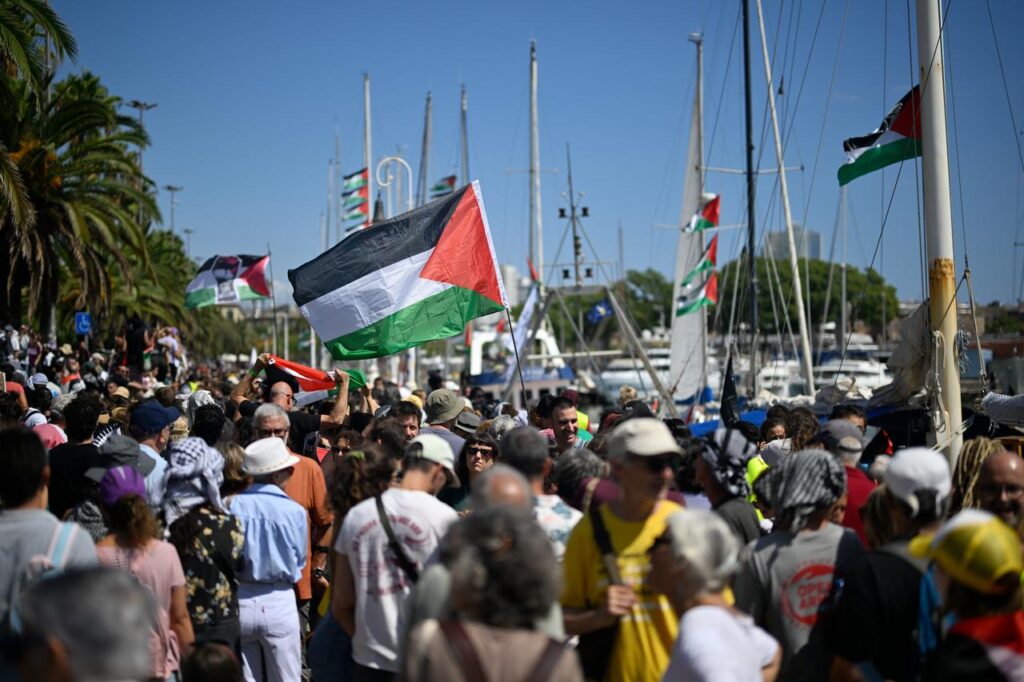
Global Reactions
The announcement immediately sparked international reactions. Pro-Palestinian groups hailed the move as a breakthrough that could inspire wider recognition of Palestine. The Israeli government, however, condemned Belgium’s decision, calling it biased and one-sided.
The United States, Israel’s closest ally, is expected to criticize Belgium’s policy. Yet Belgium’s move reflects a broader trend in global politics, where more countries are asserting independent positions that do not necessarily align with Washington’s.
What This Means for Palestine
Belgium’s recognition could pave the way for broader European support. If more EU countries follow suit, Palestine’s standing within the UN will strengthen, and discussions on granting Palestine full UN membership may accelerate.
Still, challenges remain. Israel retains significant diplomatic influence, particularly through U.S. backing. Meanwhile, conditions in Gaza continue to deteriorate, demanding not just symbolic recognition but also urgent humanitarian action.
Conclusion
Belgium’s decision to recognize Palestine and impose sanctions on Israel marks a new chapter in international politics. It signals Belgium’s determination to place international law above geopolitical considerations. Though it raises diplomatic tensions, this move could catalyze a broader consensus around the two-state solution.
For Palestinians, the recognition brings renewed hope. For Israel, it delivers a sharp warning from the international community. For the world, it shows that the diplomatic map is shifting, as more nations dare to take firm, independent stances.

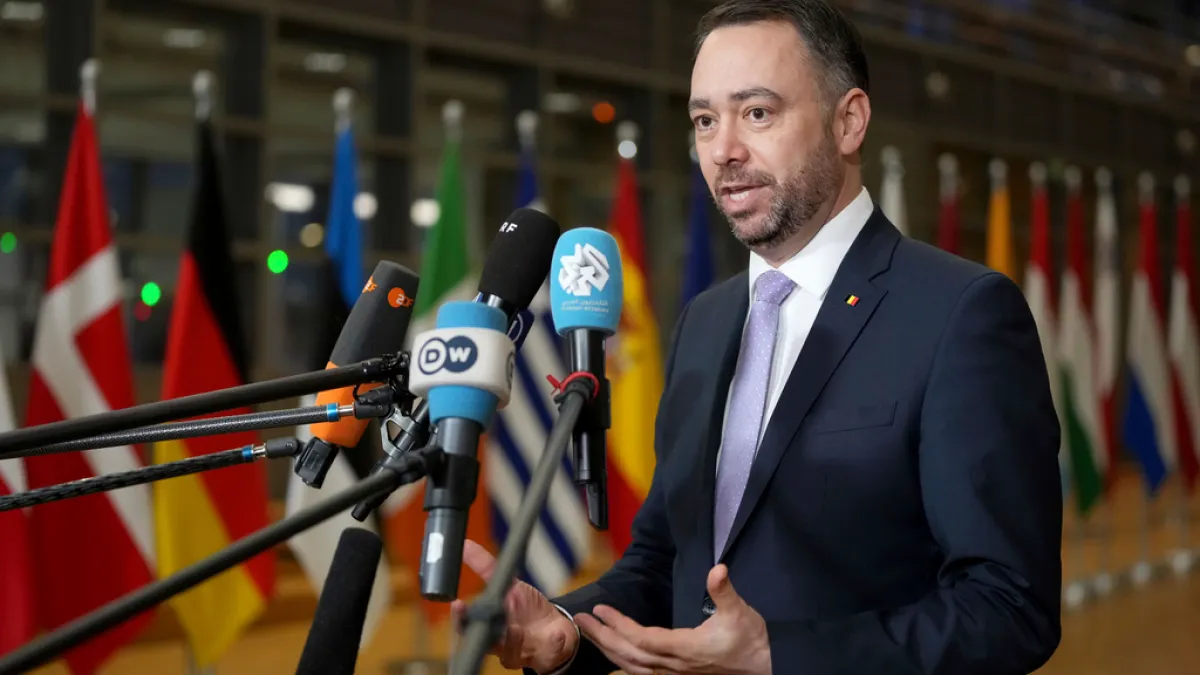
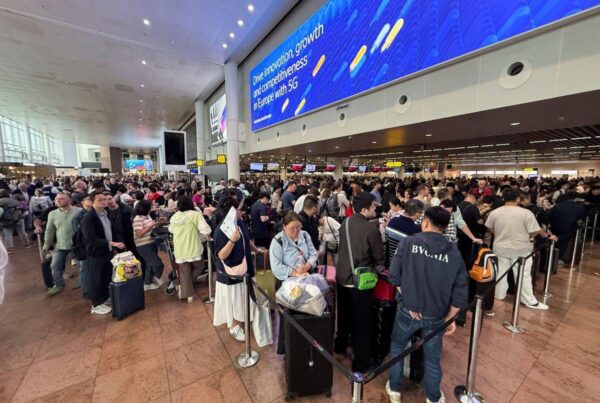
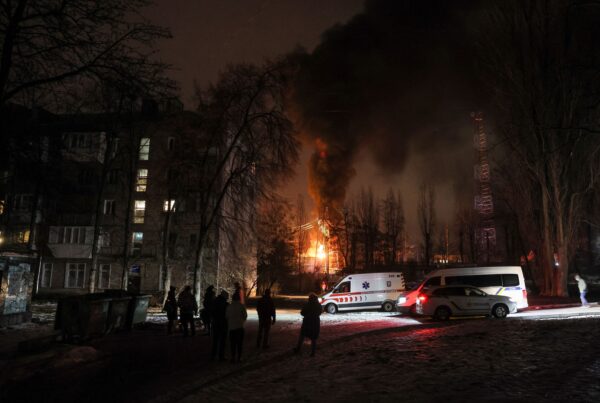
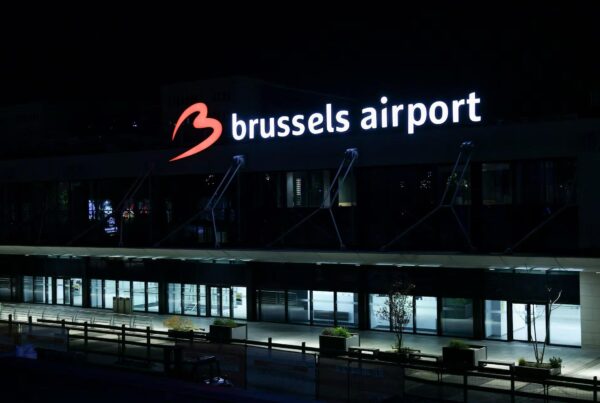
@olamnews
The Belgian agreement to recognise Palestine seems little more than a half-hearted compromise, designed to save the Belgian coalition government, with little or no impact on the genocide in Gaza and Israel's oppression of Palestinians. Fake news disguised as a breakthrough: typically Belgian.
Remote Reply
Original Comment URL
Your Profile